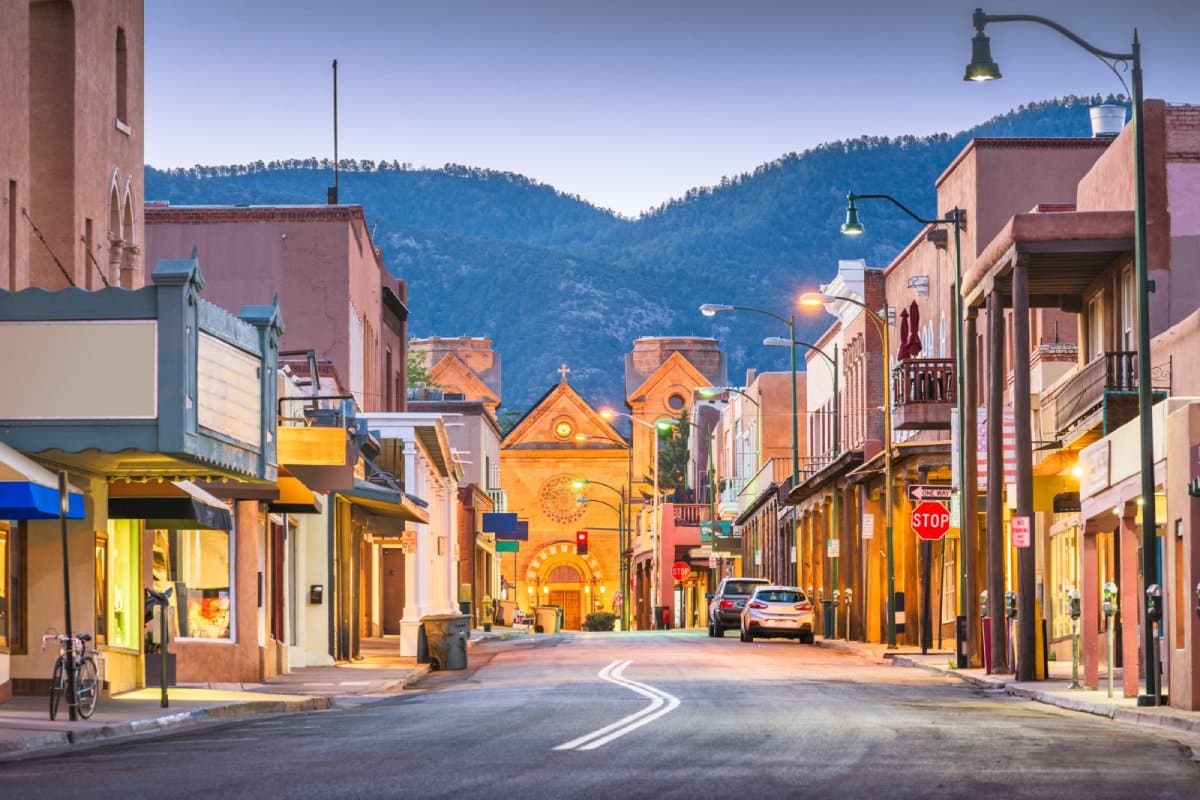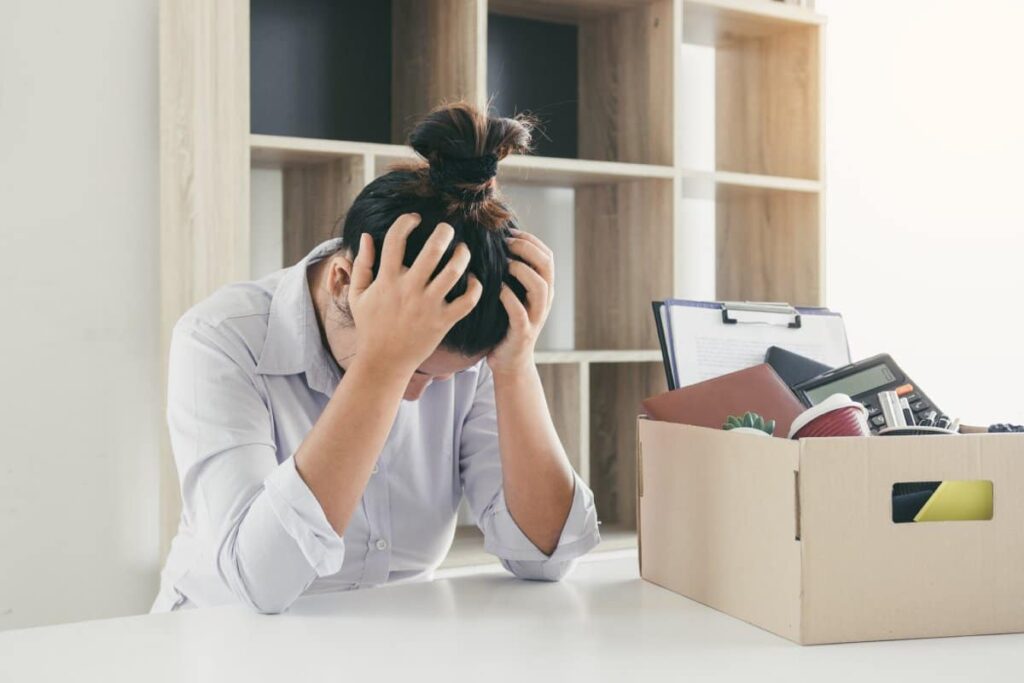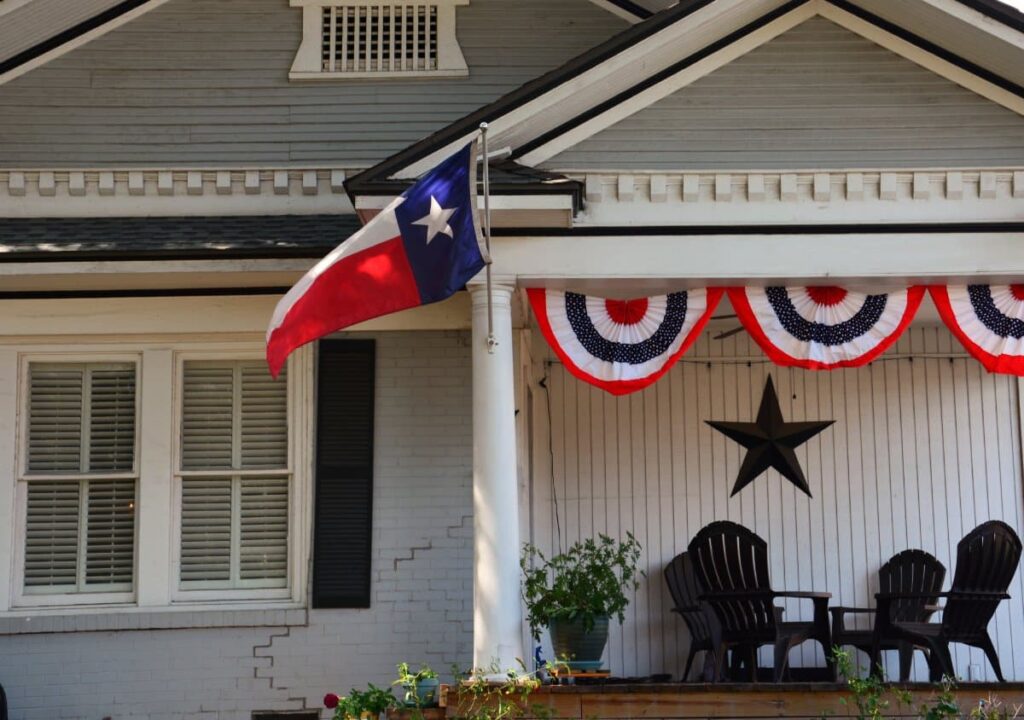
Recent Articles
In a world where the newest isn’t always the best, baby boomers are leading a travel revolution, turning back the[..]
Hey there, fellow disgruntled millennials! Are you feeling trapped in the endless cycle of corporate monotony, wondering if there’s more[..]
Who doesn’t love a good car disaster story? The American automotive industry, a beacon of innovation and success, has also[..]
Last month, the United States saw a strong job increase, with 303,000 new payrolls added. Despite fears about rising prices,[..]
Gender demographics are changing in corporate America, according to a new financial report, and researchers are concerned. A Turning Point?[..]
Feeling like your daily grind is more of a daily grumble? Imagine flipping the script to where every day feels[..]
Ah, the golden era of US travel—back when the internet was still a toddler, and “social distancing” was just not[..]
Remember the days when you could freely discuss just about anything without fear of sparking controversy? Well, those days are[..]
Ever fantasized about living in a page from an American history textbook? Imagine sipping your morning coffee in a colonial[..]
TRENDING NOW
The U.S. is poised on the brink of a major labor shift. The Biden administration is set to unveil a rule that could transform how gig economy workers are classified, impacting millions and stirring up a mix of reactions across various industries. A Groundbreaking Rule The Biden administration is about[..]
TRENDING NOW
YOUR MONEY,
CAREER & EDUCATION,
BETTER LIVING,
INVESTING
Whether you’re looking to invest smarter, save better, or simply stay in the know about money matters, we’ve got you covered. Join our community of savvy individuals and let’s journey together towards financial success and a brighter future.
With Wealthy Living by your side, achieving your financial goals has never been easier. wealth


ABOUT US
At Wealthy Living, we’re all about making money management and wealth growth a breeze. We provide practical advice, insightful tips, and the latest trends in personal finance, all delivered in a friendly and approachable way.
Whether you’re looking to invest smarter, save better, or simply stay in the know about money matters, we’ve got you covered. Join our community of savvy individuals and let’s journey together towards financial success and a brighter future.
With Wealthy Living by your side, achieving your financial goals has never been easier.

























